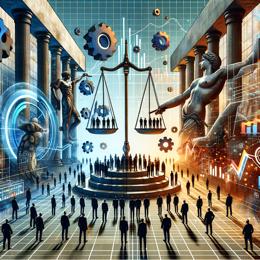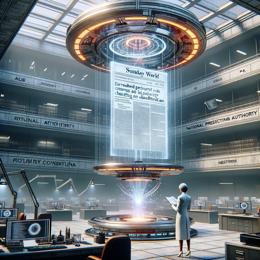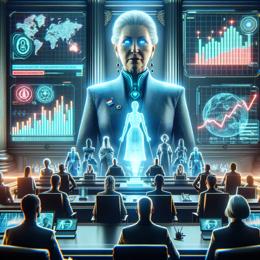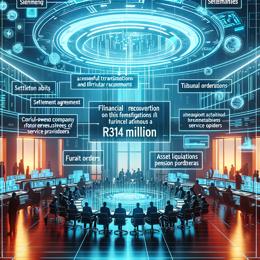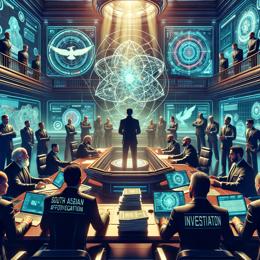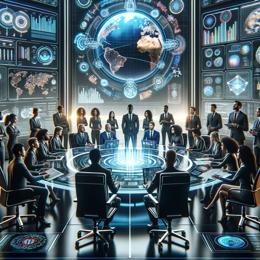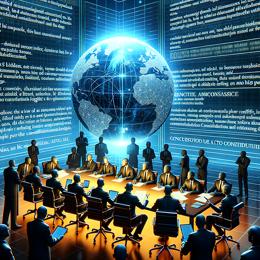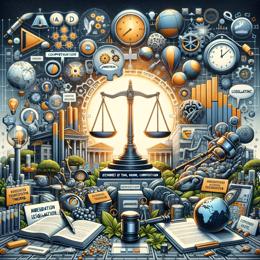Picture: for illustration purposes
AI Taking on Legal Personhood: The Challenge and Opportunities
Artificial Intelligence (AI) has begun pushing the boundaries of what we consider legal personhood, presenting significant legal challenges but also many new opportunities. This shift stands poised to revolutionize the current understanding of law and order, specifically in the world of business operations.
According to Daniel Gervais, a professor of Law at Vanderbilt University, and John Nay, a fellow at Stanford University, 'Artificial Persons' such as corporations, nonprofit organizations and limited liability companies (LLCs) could soon be operated by AIs. This introduces not only a new player in the business world, but a new category of legal 'persons'.
The existing LLC laws in several U.S. states permit operation without any human oversight. Such laws could, in theory, pave the way for LLCs to be fully operated by AI, creating a new form of artificial 'persons'.
The rise of AI in operational roles has already begun. Many essential functions within small to large companies have been delegated to these AIs—financial operations, human resources, and network management are some of the areas where AI outperforms human efficiency.
One of the main roadblocks hindering AI from becoming full-fledged participants in the legal system has been language—a uniquely human invention. Recent developments in AI technology, however, now allow these systems to understand human language proficiently, further augmenting their ability to interact with the legal system.
Gervais and Nay propose integrating law into AI systems to ensure their obedience to legal standards. This could involve the implementation of AI 'compliance agents' designed to help an organization follow the law automatically.
As the incentives for AI-operated LLCs gain momentum, it's inevitable that AIs are on a path to become much more involved in the world of business. The challenge lies in ensuring these AI entities comply with the law in the same manner as their human-operated counterparts.


